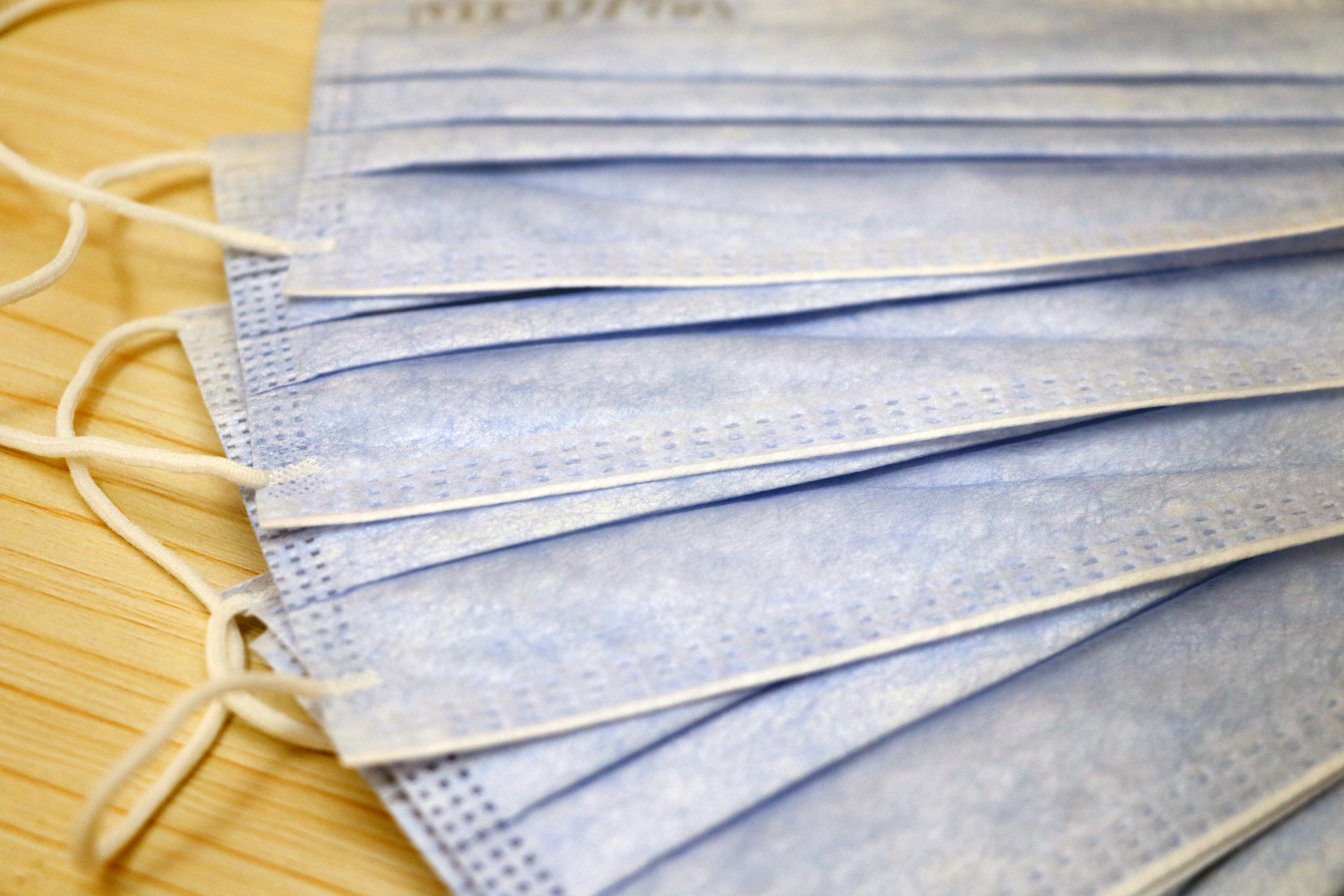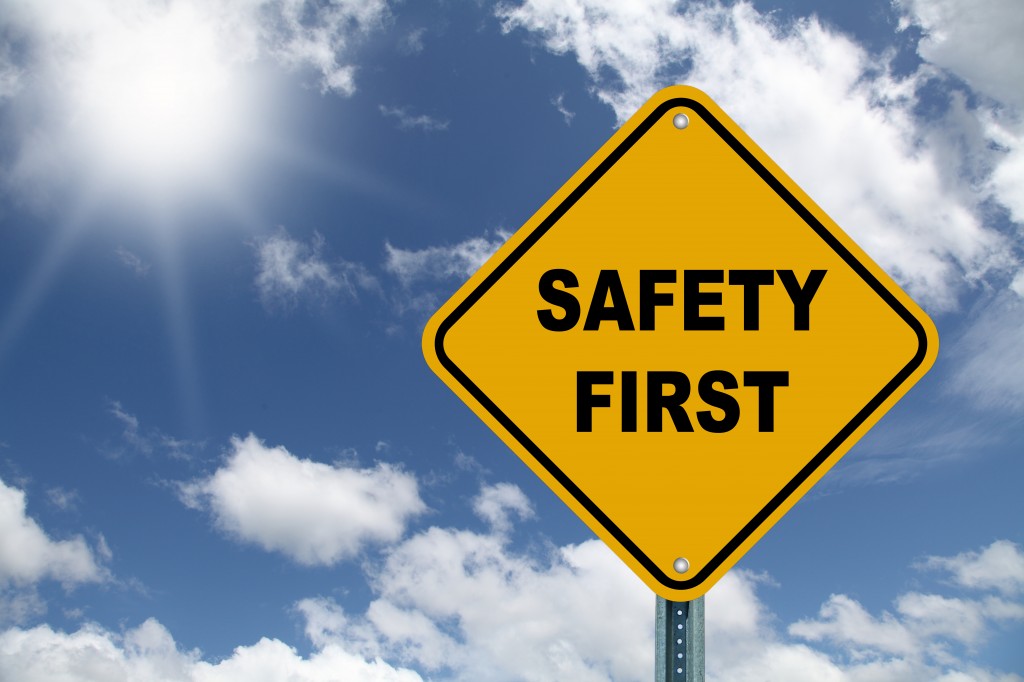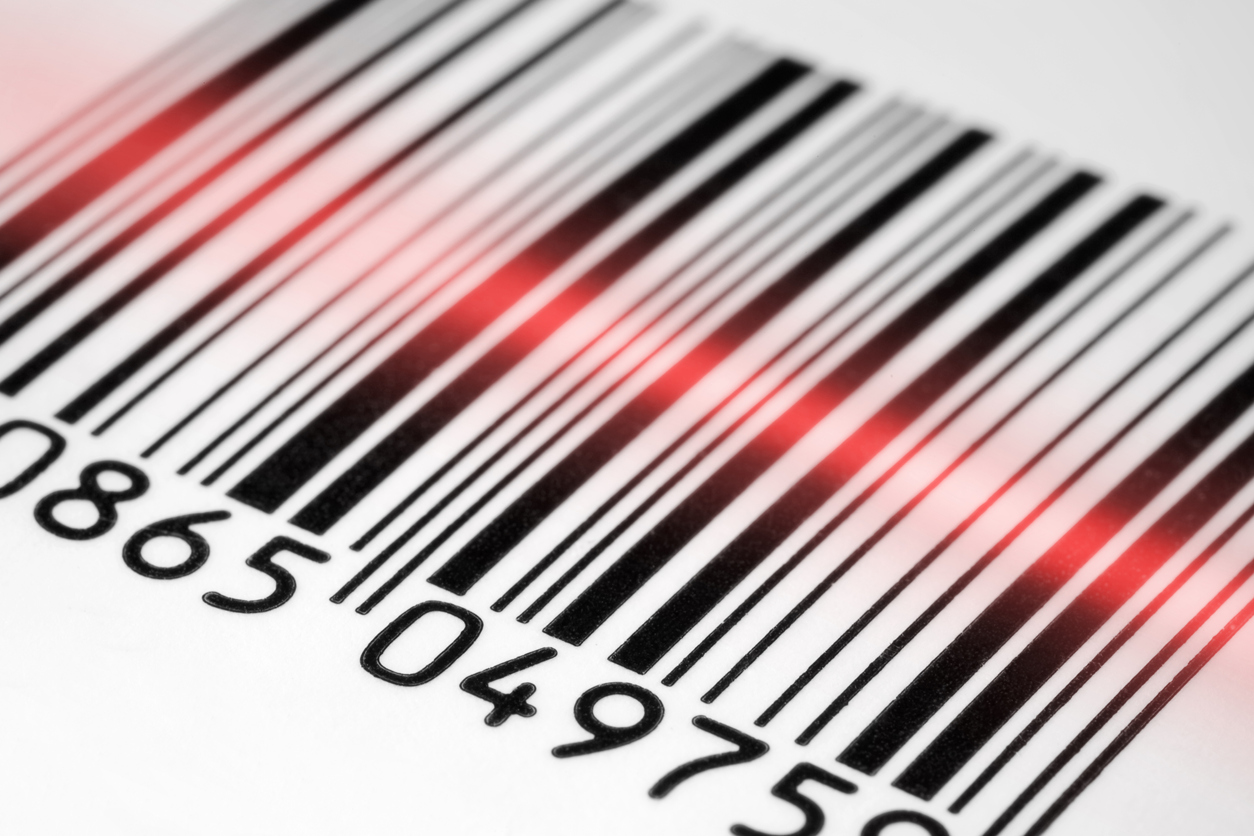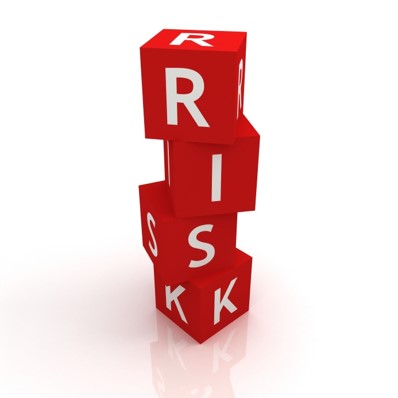
Due to the COVID-19 pandemic, the demand for PPE has significantly increased. In response to the greater demand, the TGA has issued guidance on the regulation of face masks, gloves and gowns. The regulation is dependent on the product type and its therapeutic purpose. What is PPE? PPE refers to clothing and equipment (face masks, gloves and gowns) used to protect an individual against one or more health and safety hazards. When is PPE considered a medical device? The regulation defines PPE as articles that are non-sterile personal protective equipment or safety......
Continue Reading

What does this mean? The TGA has changed the inclusion process by which non-measuring, non-sterile Class I medical devices are included in the ARTG. The changes came into effect October 2020. What has changed? The TGA has modified the process, by which Class I inclusion applications in the ARTG are done. The application has been updated with additional requirements; applicants must now provide a manufacturer’s Declaration of Conformity when applying to include the device on the ARTG. The Manufacturer’s Declaration of Conformity form for these devices has been amended, making it more......
Continue Reading

In 2020, the TGA are implementing a range of changes to the medical device regulations due to a number of reasons; some of which include changes to the European device regulations and new technologies now considered medical devices. The TGA have released an Action Plan, which has a 3-strategy approach to implementing the changes. The Action Plan Strategy 1 – Improving how new devices get on the market The TGA is strengthening its assessment processes and oversight of how devices are approved for use on the Australian market. Better assessment of new......
Continue Reading

In the modern era of manufacturing its common for a company to make the decision to outsource part or full manufacturing of medical devices to a sub-contract manufacturer/critical supplier. There are many reasons for the medical device manufacturer to do this i.e. expertise, scale of manufacture, latest technology and cost. Its vitally important to select the right sub-contract/critical supplier manufacturer. How to find the right sub-contract/critical supplier manufacturer: Size – This will determine their ability to meet your manufacturing needs, whether this is with specialised equipment or the newest technologies. Consider the......
Continue Reading

In recent years there has been increased emphasis on data integrity, as this is a critical factor for the manufacturer in measuring the quality of their product and their credibility. What is Data integrity? Every organisation knows the saying, ‘If it isn’t written down, it didn’t happen’, this is fundamental in a manufacturing environment. Data is essential in the manufacturing process, without data how can the integrity of the product or processes be proven, without data it is harder to identify risks and opportunities for improvement. The FDA identify data integrity as......
Continue Reading

Post market surveillance (PMS) activities are part of the manufacturer’s overall quality management system, whereby it provides continuous feedback about a device on the market, ensuring that a high standard of product quality is maintained, as it monitors the safety of the device post launch. PMS is a requirement for the main markets i.e. US, Europe, Australia, etc. In Australia, the Therapeutic Goods Administration (TGA) is responsible for medical devices, this includes the monitoring of the ongoing safety, performance and quality, of devices which have been included on the Australian Register of......
Continue Reading

With a Brexit deal or no Brexit deal still on the cards, when either outcome comes into effect, the UK will be considered a third country. Countries which are located outside the EU are considered ‘third countries’. To ensure uninterrupted market access, it is advised for manufacturers to prepare for Brexit. Implications for product on the Australian market: The TGA will continue to recognise conformity assessments from UK based Notified Bodies for existing and new ARTG listings and applications. The TGA will recognise: Device certifications by UK notified bodies through 31 Dec......
Continue Reading
0
Unique device identifiers (UDI)
Posted by:admin
December 19, 2018
in:EU, FDA, Medical Technology Regulation, News, TGA

What is it? This is a system by which medical devices are identified through their distribution and use. UDI information must be placed on the label and/or package of the device and will be both human and machine-readable form. The UDI is a set of alphanumeric codes which consists of both a device identifier (this is company and product code) and production information (manufacturing information: product name, expiration date, lot/batch numbers, manufacturer details). How and when to comply: US (FDA)In 2013 the FDA released a rule which determined that there would be......
Continue Reading
0
Understanding MDSAP
Posted by:admin
November 13, 2018
in:EU, FDA, Medical Technology Regulation, News, TGA, Uncategorized

MDSAP (medical device single audit program) is an international program, which allows a single regulatory audit of medical device manufacturer’s QMS’ for the following regulatory agencies: • Therapeutics goods Administration (TGA) – Australia • Agência Nacional de Vigilância Sanitária (Anvisa) – Brazil • Health Canada (HC) – Canada • Food and Drug Administration (FDA) – US • Ministry of Health and Labour and Welfare (MHLW) – Japan The benefit of MDSAP, is one single quality system inspection that will encompass 5 markets versus having to complete 5 separate audits. One single audit......
Continue Reading
0
The Importance of Risk Management
Posted by:admin
October 25, 2018
in:EU, FDA, Medical Technology Regulation, News, TGA

Risk management is a key component to demonstrate regulatory compliance for medical devices, it contributes to the medical device company’s ability to meet the regulatory requirements for approval from local regulatory authorities. Effective risk management is essential for determining whether the benefits of the product outweigh any potential risk to the patient. ISO 14971 ’Medical devices – Application of risk management to medical devices’ is the international standard for the application of risk management by a manufacturer to medical devices, including in vitro diagnostics (IVD’s). ISO 14971 is accepted by the TGA......
Continue Reading
